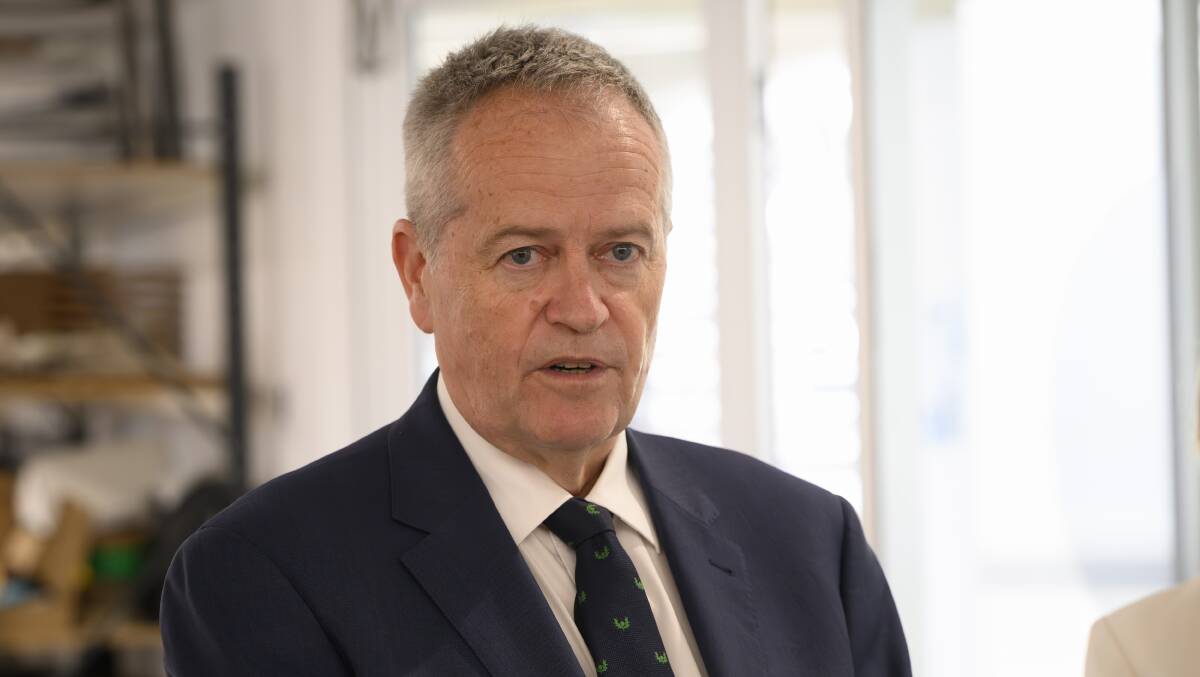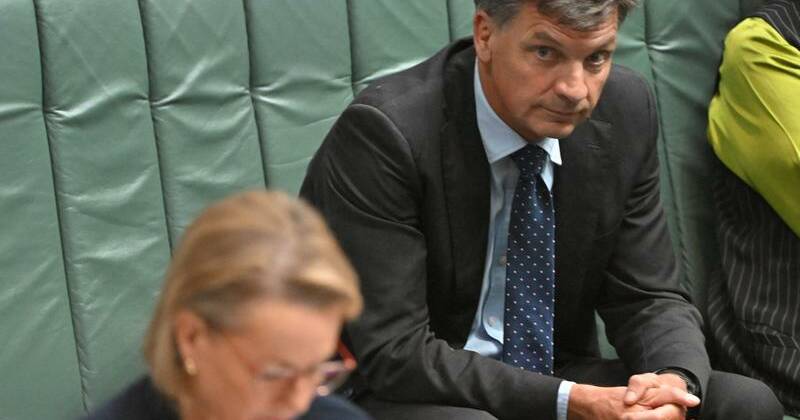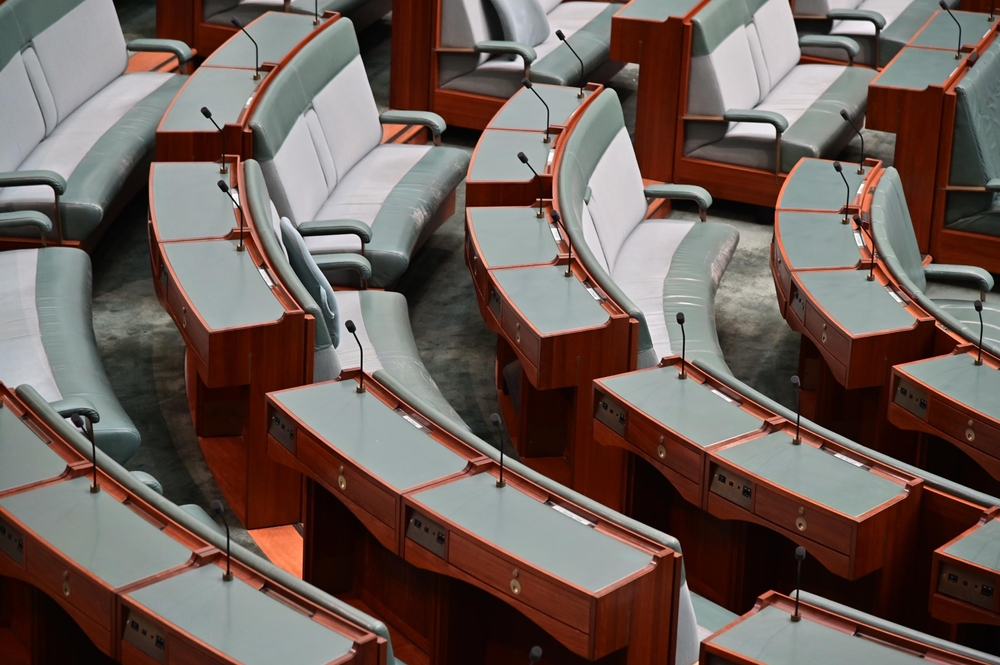
BREAKING: In a powerful call to action, Peng Liyuan, wife of Chinese President Xi Jinping and UNESCO special envoy, urged the world to empower women with science education during the 10th anniversary of the UNESCO Prize for Girls’ and Women’s Education in Beijing on September 20, 2025. This urgent initiative comes as society faces rapid technological changes driven by artificial intelligence.
In her keynote address, Peng emphasized the necessity of equipping women with essential scientific knowledge and technological skills. “As we embrace the technological revolution, we must ensure that women are not left behind,” she declared, underscoring the critical role of science education in shaping future generations.
The ceremony celebrated transformative education projects from Kenya and Lebanon, which were awarded for their impactful contributions to girls’ education. These initiatives are part of a broader movement to provide safe, gender-responsive learning environments. For instance, the Promoting Equality in African Schools (PEAS) program has successfully supported nearly 300,000 students in Uganda, Zambia, and Ghana, fostering safe campuses that prioritize girls’ health and dignity.
Since its inception in 2001, the Campaign for Female Education (CAMFED) has empowered over 617,000 women in rural areas of Zambia, transforming lives and communities by breaking down barriers to education. Many CAMFED graduates have since emerged as role models, demonstrating the profound impact of education on social change.
Peng’s message resonates deeply in light of China’s significant progress in closing the gender gap in education. Official data shows that by 2024, women represented 50.76% of students in higher education, marking a substantial increase since 1995. Initiatives like the “Exploring the Future” program have engaged over 8,200 girls aged 12-16 in science and technology, bridging classroom learning with practical applications.
At the ceremony, Audrey Azoulay, director-general of UNESCO, expressed gratitude to China for its longstanding support of gender equality initiatives. Since hosting the landmark 1995 Fourth World Conference on Women in Beijing, China has launched numerous programs to bolster women’s education globally, training over 200,000 women across more than 180 countries.
“The advancement of women’s science education is vital for our future,” Peng stressed. As countries grapple with the challenges of a rapidly evolving technological landscape, her call to action emphasizes the urgent need for collaborative efforts to foster women’s empowerment through education.
In a world increasingly shaped by artificial intelligence, the emphasis on women’s science education is not just a matter of equity; it is essential for sustained societal progress. As this story develops, the spotlight remains on global leaders and organizations to uphold their commitments to empowering women and girls through education.
Stay tuned as we continue to monitor this critical issue and its implications for the future of education worldwide.





